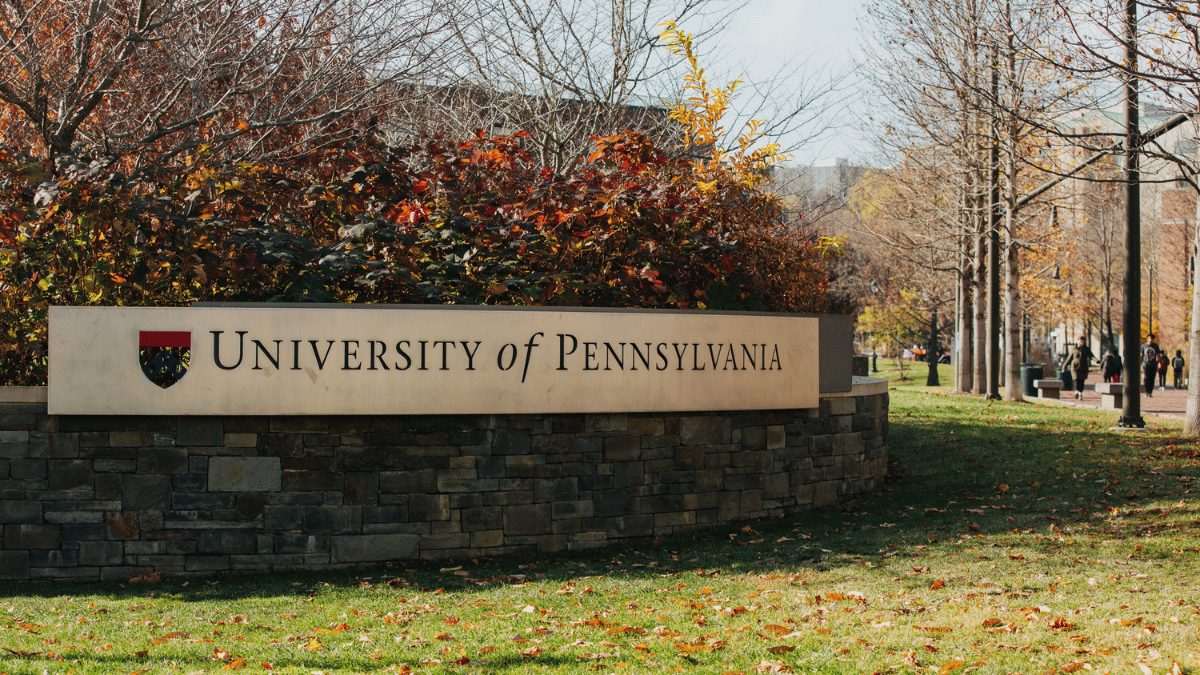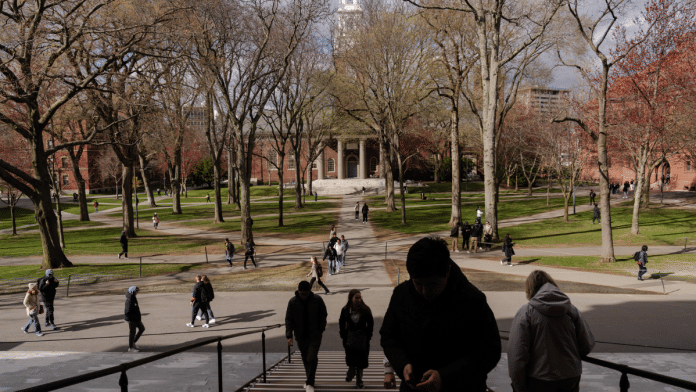Hackers have struck elite US universities in recent weeks, pilfering sensitive data from donors and making off with students’ information in a string of digital heists that only add stress to schools already besieged with political pressure.
Harvard University, Princeton and the University of Pennsylvania have each disclosed breaches within the past three weeks, months after a politically motivated attacker burrowed deep into networks at New York City’s Columbia University. The identity of the intruders in the most recent incidents remains a mystery. However, the hacker in each case duped school employees in order to access databases of personal information about prominent individuals associated with each institution.
The break-in at Harvard, which the school discovered on Nov. 18, resulted in the theft of personal data and other information from fundraisers at the school, which typically raises more than $1 billion annually.
“Universities like Harvard have a lot of valuable information like personal information about powerful people – politics, influencers, executives – and we know both criminals and countries target these institutions,” said Sergey Shykevich, threat intelligence manager at the Israeli cybersecurity firm Check Point Software Technologies Ltd.
With breaches at Harvard, Princeton, the University of Pennsylvania and Columbia, half of the Ivy League — four out of eight schools — have now experienced cyberattacks. The motivation of the hacker in each breach remains unclear. Princeton officials said in a statement they have no reason to believe the hackers’ motivation behind the Nov. 10 breach was political. The databases accessed by the hackers did not include financial information but many of the individuals in the databases are high-net-worth individuals.
The cyber incidents have occurred while the schools face immense political pressure from the White House over issues like charges of antisemitism, admissions, criticisms of lack of viewpoint diversity and support for diversity programs. The Trump administration has frozen billions in research funds, threatened accreditation and targeted international students.
The White House is trying to link federal funding to new restrictions on hiring, admissions, and tuition, a deal that several prominent schools including the University of Pennsylvania have declined. The Trump administration said it is “close to finalizing” negotiations with Harvard.
The University of Pennsylvania declined to comment. Harvard and Princeton didn’t respond to requests for comment.

It isn’t clear if the same hacker conducted every breach. But the attackers used the same tactics at each school. They also targeted similar data, and the incidents occurred in relatively rapid succession.
Cybercriminals go after big targets, said James Lewis, a senior adviser in economic security and technology with the Center for Strategic and International Studies, and elite universities have been in the spotlight as a focus of the Trump administration.
“Trump goes after universities and hackers say, ‘Maybe I should do that, too,’” Lewis said.
Cybersecurity firms have consistently determined that education is ranked among the most-hacked sectors due to its wealth of data and relatively weak digital defenses. Hackers from China, Russia and North Korea often have targeted schools in attempts to steal university research, according to Microsoft Corp.
Universities hold data about many thousands of alumni, donors and students, but also parents and applicants, as well as school employees and in some circumstances health information. In June, Columbia University investigated a breach that ensnared demographic information, academic history, financial aid-related information, and insurance and health-related data shared with the university, among other details. Such information can be used for malicious purposes such as theft, identity theft, fraud and doxxing, or the process of publicly revealing a person’s information without their consent.
Data hacked from Columbia University was made available by a person who ran a blog that promoted views about race and IQ that have been criticized as offensive and scientifically flawed. In October, after the hack at the University of Pennsylvania, students and alumni received emails from the apparent hacker describing the school as “woke” and criticized the college’s stance on affirmative action. In an interview with the Verge, a technology news site, the alleged Penn hacker said they plan to sell the data.
It wasn’t clear if the incidents at Columbia and Penn were related or conducted by the same person.
(Reporting by Patrick Howell O’Neill and Janet Lorin)
Disclaimer: This report is auto generated from the Bloomberg news service. ThePrint holds no responsibility for its content.
Also Read: A college degree no longer helps you find a job faster, finds US study






